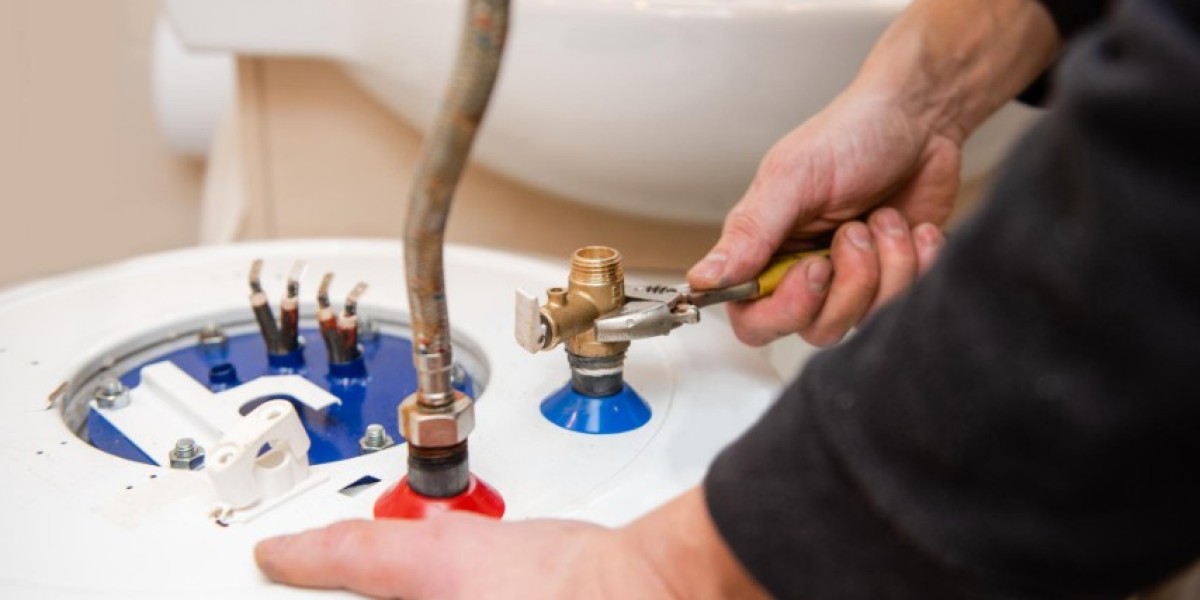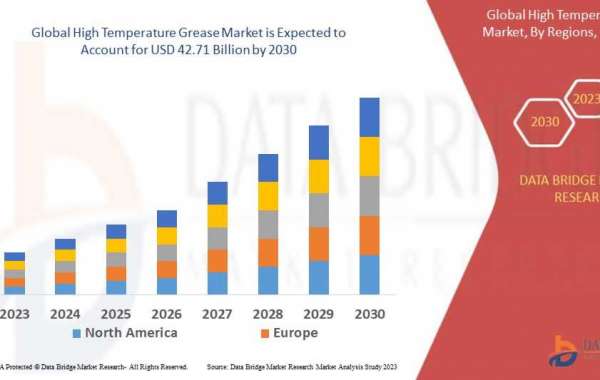When it comes to choosing a new water heater, homeowners are often faced with several important decisions. Among these, selecting between an electric water heater and a gas water heater is a key consideration. Both options come with their distinct advantages and drawbacks, which can significantly impact your home’s utility costs, energy efficiency, and overall comfort. In this article, we explore the pros and cons of electric vs. gas water heater replacements and help you make an informed decision for your home.
Understanding Water Heaters
Before diving into the specifics, it’s important to understand the two main types of water heaters: electric and gas.
Electric Water Heaters: These units use electric elements submerged in water to heat the water. They tend to be simpler to install and operate and are a good choice for homes where gas service is not available.
Gas Water Heaters: These heaters use natural gas or propane to heat the water. They generally heat water faster than electric models and have lower operational costs for those who already use gas in their homes.
Key Considerations When Replacing Water Heaters
Cost of Purchase and Installation
One of the first things to consider is the purchase price and installation costs.
Electric Water Heaters tend to be less expensive upfront. For average-sized tanks, costs can range from $300 to $700. Installation is generally straightforward and can range from $100 to $200, depending on your home’s existing electrical setup.
Gas Water Heaters are usually slightly more expensive to purchase, typically ranging from $500 to $1,000. Installation can also be pricier, especially if additional gas lines or venting systems are required, which can increase costs to between $200 and $500.
Operating Costs
Operating costs can greatly impact your utility bills in the long run.
Electric Water Heaters usually have higher operational costs since electricity tends to be more expensive than gas. These units’ efficiency is generally rated around 90%, leading to decent performance—but with the downside of higher monthly bills.
Gas Water Heaters typically have lower energy costs, with efficiency ratings usually around 60-70%. However, they can heat water faster, meaning less time waiting for hot water, plus potential savings for consistent hot water use.
It’s essential to factor in local energy rates and choose based on your typical water usage patterns.
Energy Efficiency
Energy efficiency can significantly influence your decision-making.
Electric Models are often considered more energy-efficient since there’s no loss of heat through venting as in gas models. However, each unit’s efficiency will depend on the heating element’s quality and usage pattern.
Gas Models, while sometimes less efficient, have been made to squeeze more energy from combustion. If natural gas or propane rates are low in your local market, they can still be an energy-efficient choice overall.
Environmental Impact
Choosing an environmentally friendly option plays a role for many homeowners.
Electric Water Heaters can be greener, especially in areas where electricity comes from renewable sources like solar or wind power. This means your hot water may be created with less environmental impact.
Gas Water Heaters release carbon dioxide as a combustion byproduct. Furthermore, while they do heat water faster, their environmental implications are significant, depending on your natural gas source.
Space Requirements
Your home’s available space may significantly inform your decision.
Electric Water Heaters can be compact, making them suitable for smaller areas or tight spaces. They also do not require venting, giving you more flexibility on where to place the unit.
Gas Water Heaters needs consideration for ventilation to escape the byproducts of combustion, leading to potentially more strict installation spaces. They also usually occupy more space in general than electric models.
Maintenance and Lifespan
Both types of water heaters come with their own maintenance needs and expected lifespans.
Electric Water Heaters generally require less maintenance. The lifespan can range from 10 to 15 years, depending on how well you maintain the system. Replacing an electric water heater often involves draining and descaling it to maintain efficiency.
Gas Water Heaters involve regular checks of gas lines and connections, while their lifespan is very similar to that of electric units, about 8 to 12 years. Going longer than this timeframe without replacement or service can lead to bigger issues down the road, like carbon monoxide risks.
Making the Final Decision
After weighing the pros and cons of each option, the best choice almost always comes down to your personal circumstances.
Consider Your Utility Rates: Look into how much you currently pay for electricity versus natural gas. This investigation can greatly affect total operational costs.
Assess Your Usage: Determine how much hot water you actually use. A larger family may favor gas due to its capacity for quick recovery rates.
Evaluate Your Space: Ensure you have adequate space for your chosen heater and consider existing infrastructure when maximizing efficiency.
Local Availability: Availability of services and units in your particular area plays an essential role. If your home isn’t ready for natural gas, electric may be your only option.
Conclusion
Whether you choose an electric or gas water heater replacement comes down to several factors: initial costs, subsequent operating costs, energy efficiency, and space requirements. Weigh your specific needs against these considerations to make the best choice for your home. The right water heater not only provides reliable performance but can also save you money in the long run, making it worthwhile to compare all options before deciding. Whichever model you select, think about long-term savings, practicality, and sustainability to ensure you create the best environment for you and your family.










